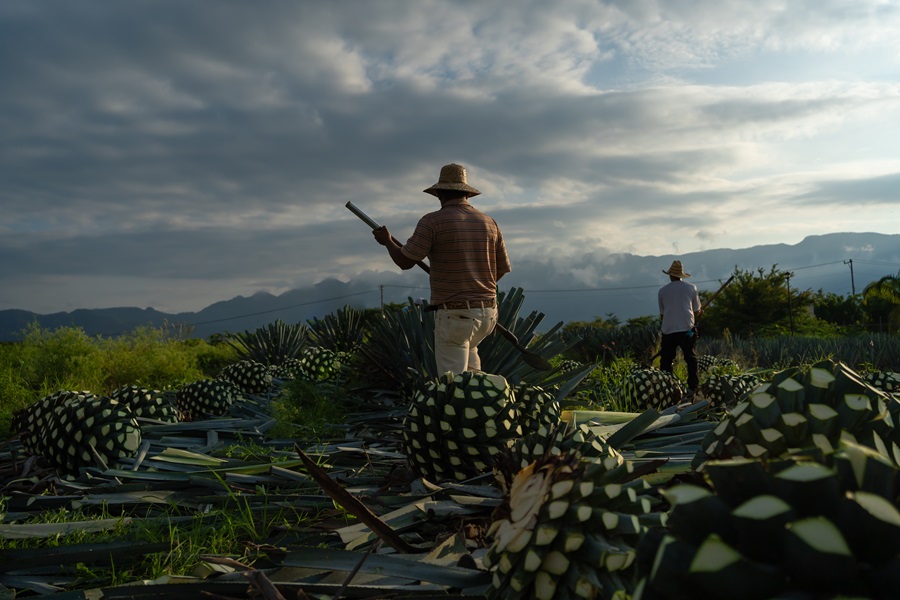
From Plant To Bottle – Where Is Tequila Made
From Plant to Bottle – Where Is Tequila Made
Tequila, the iconic Mexican spirit, has a rich history and a fascinating production process. From the sun-soaked fields of agave to the distillation process that gives it its distinctive character, tequila is a product deeply rooted in Mexican culture and tradition. But where is tequila made? Let’s embark on a journey to uncover the origins and production process of this beloved drink, with a special focus on the rising trend of organic tequila.
The Origins of Tequila
The Heartland of Tequila Production
When asking, Where is tequila made?, the answer primarily lies in a specific region of Mexico. Tequila production is tightly regulated by Mexican law, and authentic tequila can only be produced in certain areas. These regions include:
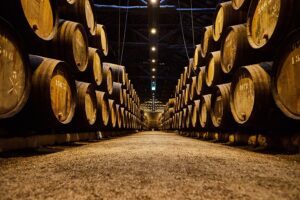
These regions provide the ideal climate and soil conditions for growing the blue agave plant, the crucial ingredient in tequila production.
The Importance of Blue Agave
Tequila is made from the blue agave plant, which takes between 6 to 12 years to mature. The plant thrives in the volcanic soils of Jalisco, where the combination of altitude, temperature, and soil composition contributes to the plant’s unique profile. When wondering where tequila is made, it’s essential to consider the significance of this environment.
The Tequila Production Process
- Harvesting the Agave
The journey from plant to bottle begins with the harvesting of blue agave. Skilled laborers known as “jimadores” use a specialized tool called a “coa” to trim the leaves and extract the heart of the plant, known as the “piña”. These piñas are then transported to distilleries for the next stage of production.
- Cooking and Fermentation
Once at the distillery, the piñas are cooked in large ovens or autoclaves to convert their complex carbohydrates into fermentable sugars. This process can take several hours to several days, depending on the method used. The cooked agave is then crushed to extract the sweet juice, which is mixed with water and left to ferment.
- Distillation
The fermented agave juice undergoes distillation, typically in copper pot stills, to separate the alcohol from the water and other components. This process is usually done twice to achieve the desired alcohol content and purity. The result is a clear liquid known as “silver” or “blanco” tequila.
- Aging
For aged varieties, the tequila is then stored in wooden barrels, often oak, to mature. This aging process can range from a few months to several years, becoming more complex and refined over time. Tequila aged for a minimum of two months is called reposado, while those aged for at least a year are known as añejo.
The Rise of Organic Tequila
What Is Organic Tequila?
Organic tequila is made from agave plants that are grown without synthetic fertilizers, pesticides, or genetically modified organisms (GMOs). The production process also adheres to strict environmental standards, ensuring that no chemicals are used in any stage of the tequila-making process.
The Benefits of Organic Tequila
AgaveLuz Organic tequila offers several benefits over conventional varieties. It is often considered to have a cleaner, more authentic taste, as it is free from chemical residues. Additionally, organic farming practices benefit the environment by enhancing soil health and supporting biodiversity.
Organic Tequila in Mexico
Mexico, the birthplace of tequila, has seen a growing interest in organic tequila. Many producers in the region are adopting organic farming practices, reflecting a broader global trend towards sustainability and natural products. Organic tequila in Mexico is gaining popularity among consumers who are more conscious of their environmental impact and the quality of their spirits.
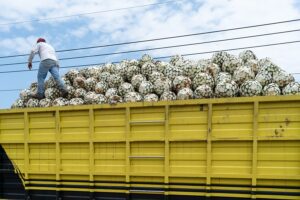
For those interested in purchasing high quality organic tequila, several brands and retailers offer a variety of options. It’s important to look for certification labels and research the brand’s commitment to organic practices. One such brand that stands out is AgaveLuz Organic Tequila. Known for its dedication to quality and sustainability, AgaveLuz offers a range of organic tequilas that capture the essence of traditional Mexican production methods.
Conclusion
Tequila is more than just a drink; it’s a symbol of Mexican heritage and craftsmanship. Understanding where tequila is made helps us appreciate the rich history and intricate process behind each bottle. From the fertile fields of Jalisco to the meticulous production methods, every step is essential in creating this iconic spirit.
With the rising popularity of organic tequila, consumers now have the option to enjoy a product that is not only delicious but also environmentally friendly. Whether you’re a seasoned tequila aficionado or a curious newcomer, exploring the world of organic tequila offers a rewarding experience.
So next time you ask, Where is tequila made? remember the dedicated farmers and producers who bring this extraordinary drink from plant to bottle. For a truly exceptional choice, consider AgaveLuz Organic Tequila – a testament to the art and tradition of tequila making. Buy Now!
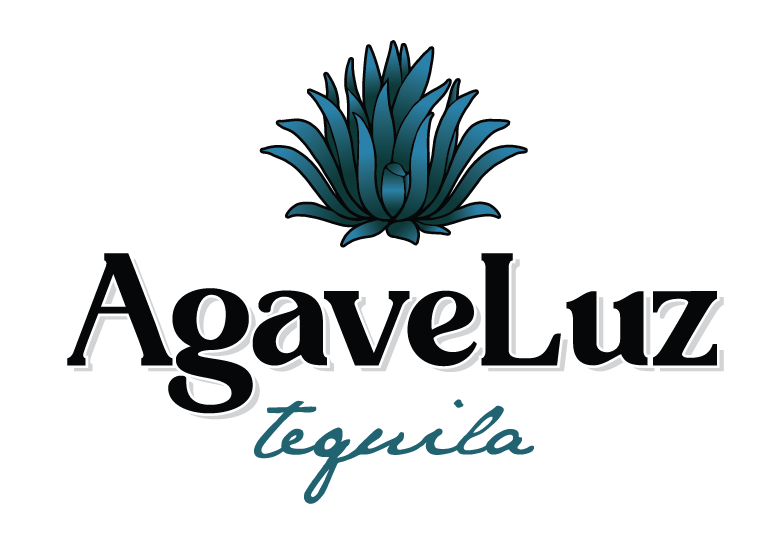
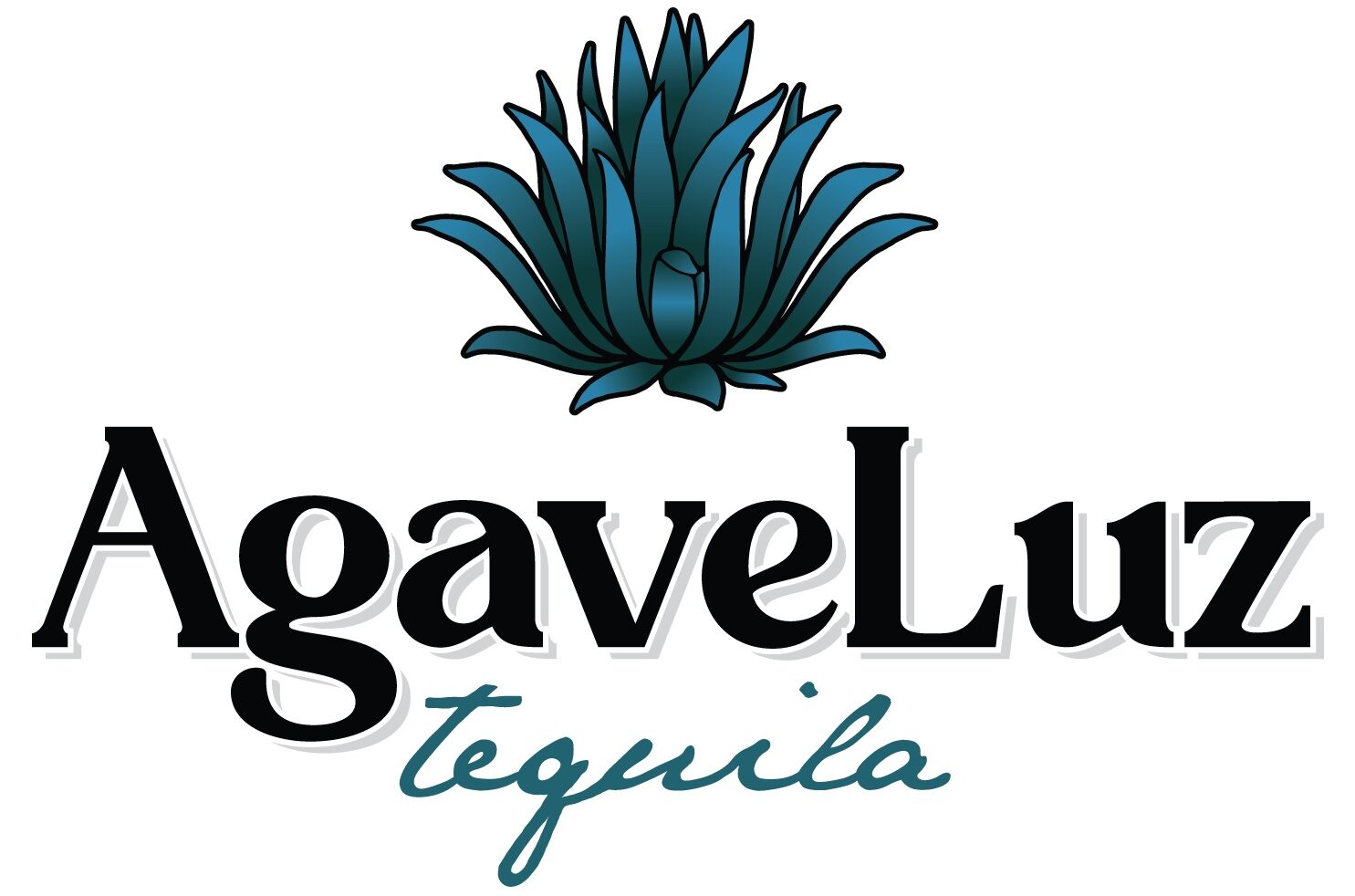
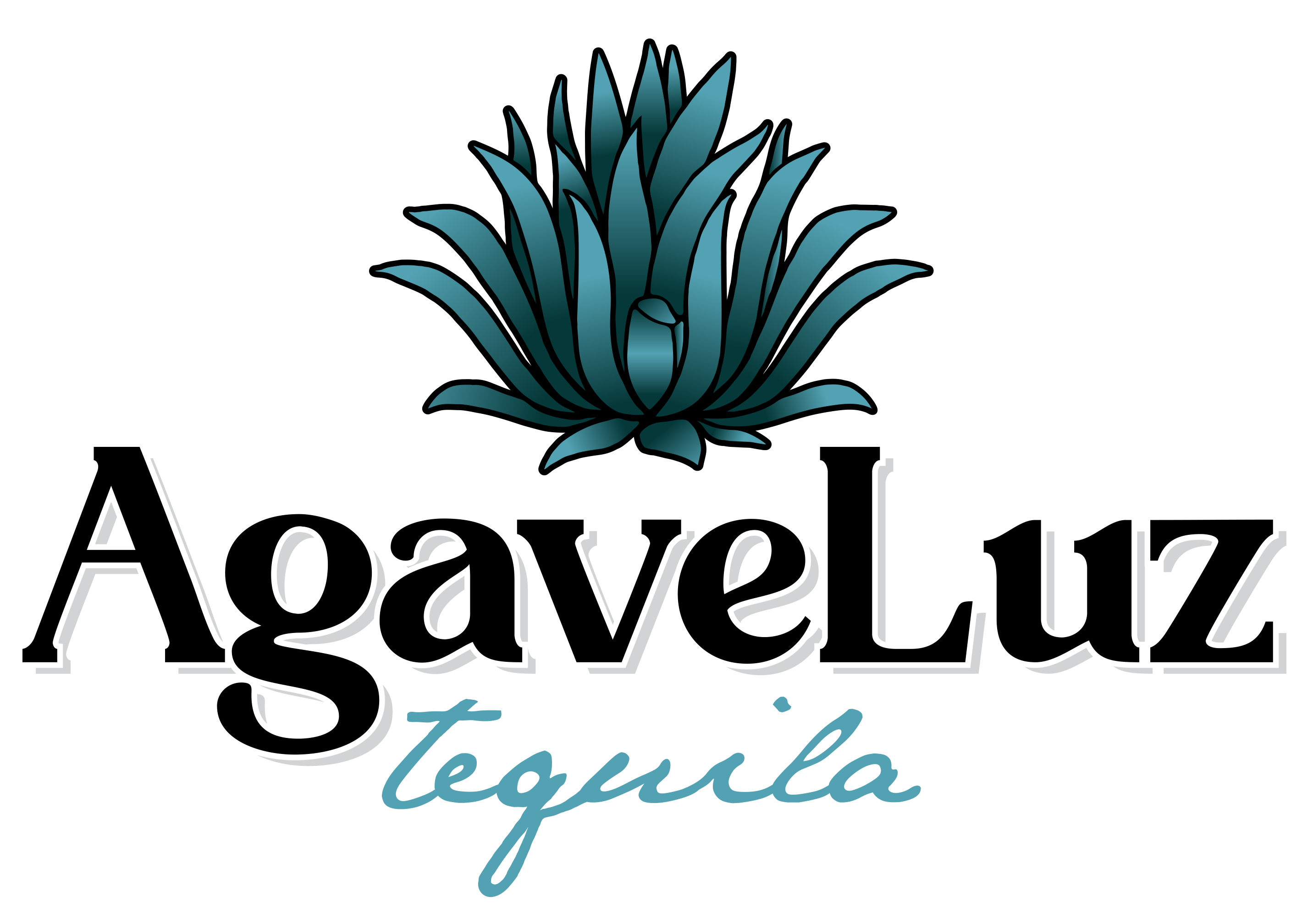
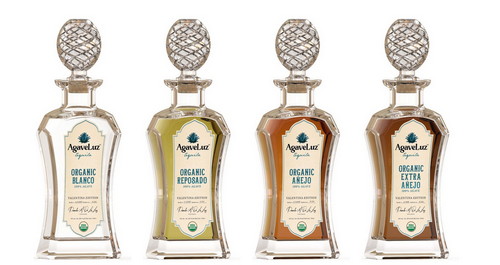















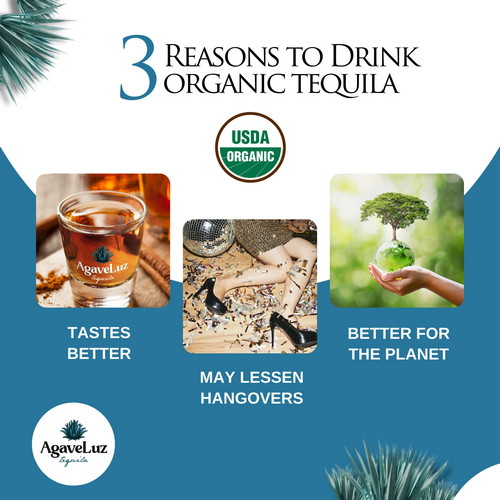
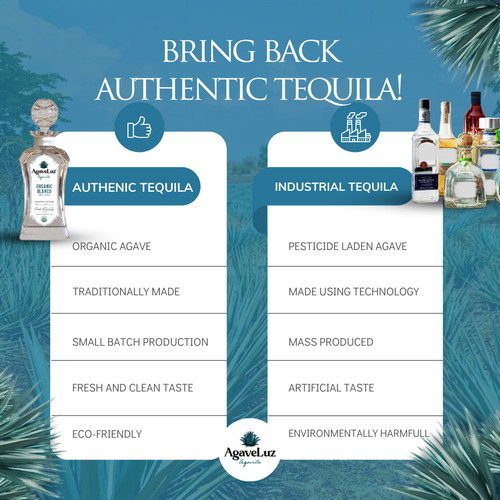

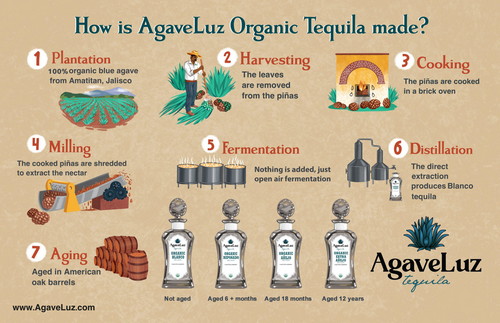


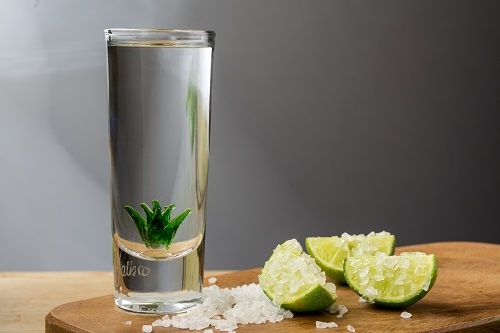
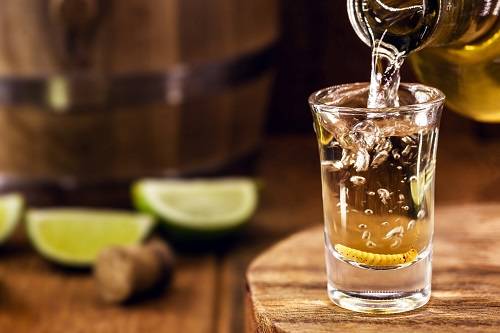
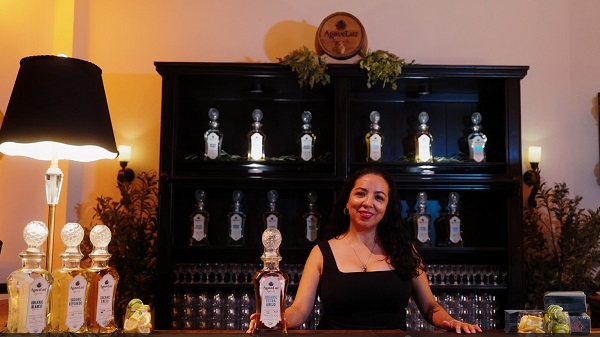
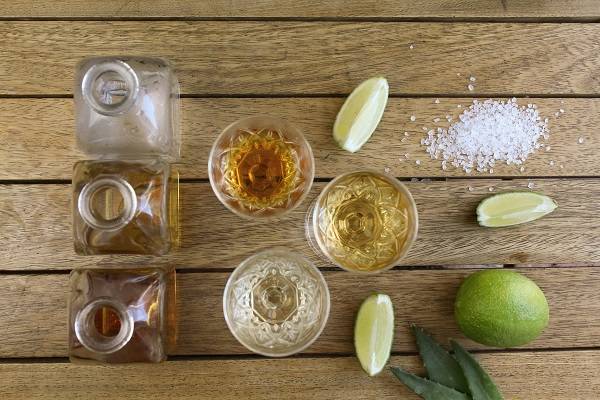
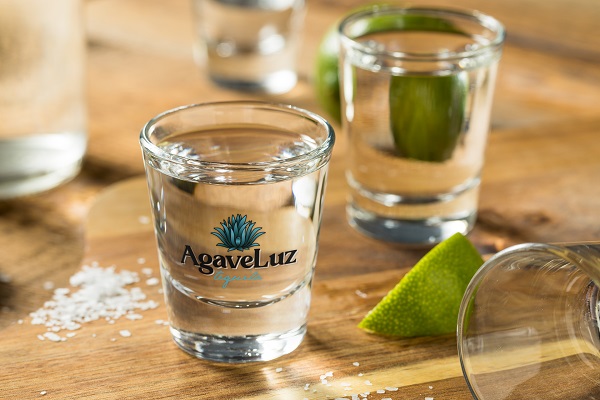
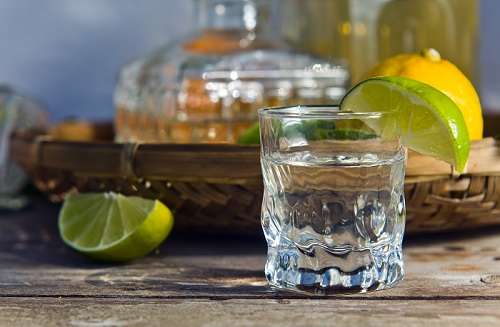
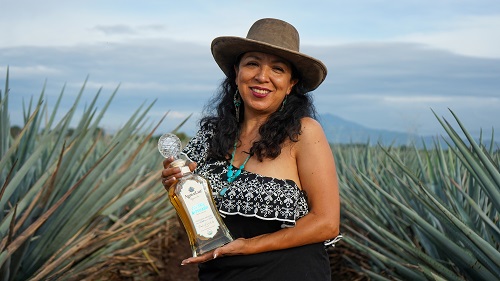
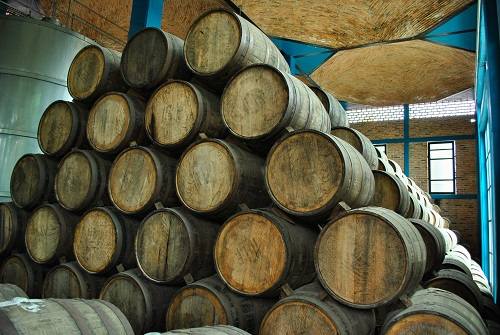
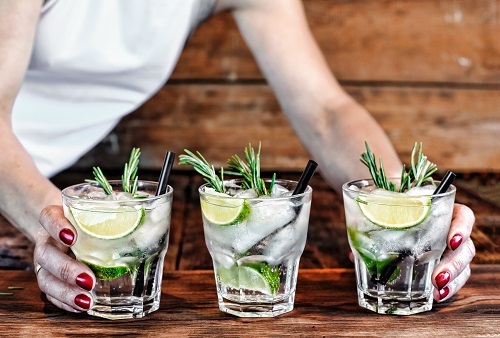
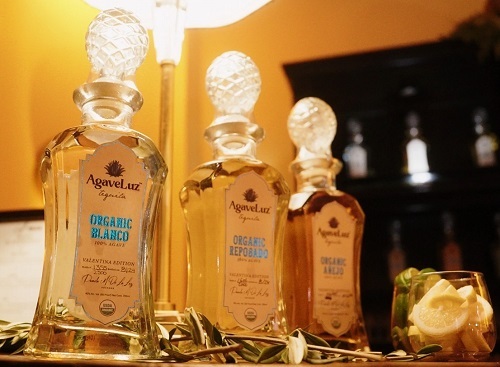
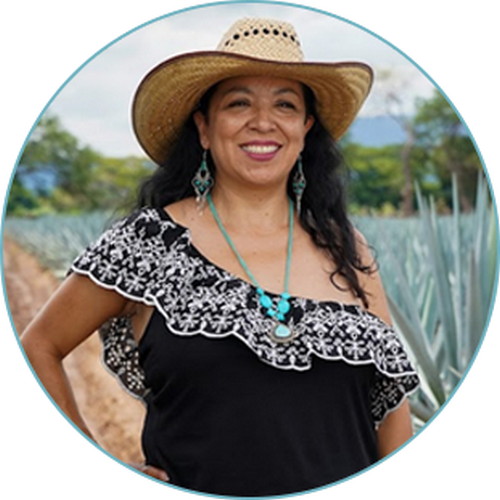


Post a Comment